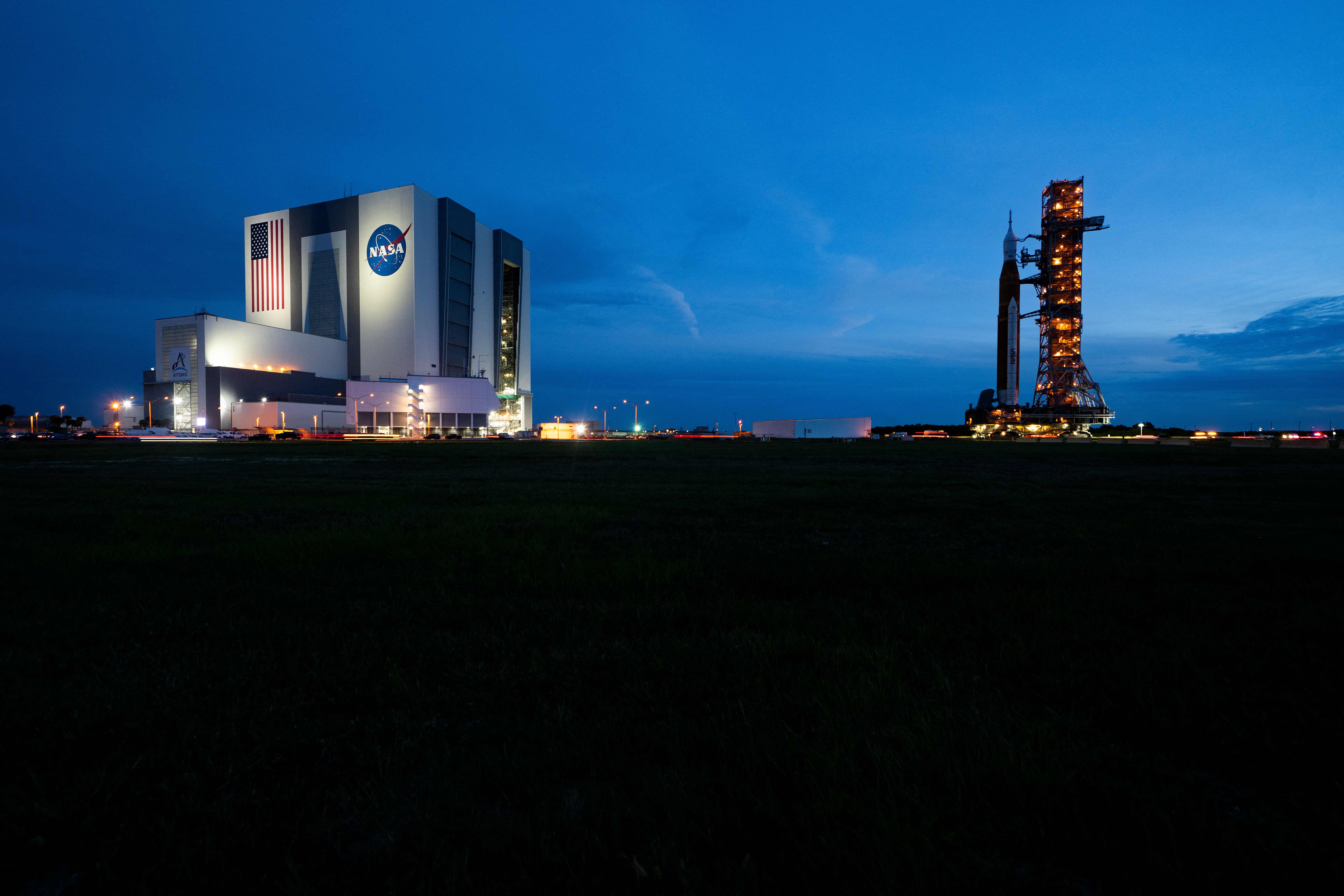NASA is offering to join forces with the Pentagon on UFO research to move away “from sensationalism to science,” NASA’s chief administrator Bill Nelson told reporters this week.
The space agency released a report Thursday recommending that its scientists work with the Pentagon’s All-domain Anomaly Resolution Office, which spearheads the U.S. government’s investigations of UFOs. That coordination could allow better research and data collection on unknown objects in the Earth’s atmosphere.
“NASA’s long-standing public trust, which is essential for communicating findings about these phenomena to citizens, is crucial for destigmatizing UAP reporting,” the NASA team wrote, referring to unidentified anomalous phenomena – the scientific term for UFOs.
More than 70% of Americans view NASA favorably, according to the Pew Research Center, only slightly behind the National Park Service and U.S. Postal Service.
NASA officials will decide in the coming weeks and months how best to implement the team’s suggestions.
NASA’s call to destigmatize UFO research and reports comes as the public’s interest in “anomalous phenomena” grows. In July, a handful of retired and former U.S. military personnel made headlines describing encounters with fast-moving aircraft. One witness, David Grusch, told lawmakers that the government has a UFO retrieval and reverse-engineering program.
Sixty-five percent of adults in the U.S. believe there is intelligent life outside of Earth, according to the Pew Research Center. And more than half of Americans believe these UFOs tracked by the government are evidence of intelligent life in the universe.
“If you ask me, ‘Do I believe there’s life in a universe that is so vast that it’s hard for me to comprehend how big it is?’ My personal answer is yes.”
— NASA Administrator Bill Nelson
NASA Administrator Nelson believes the odds of finding extraterrestrial life in the universe are high — and that it’s just a matter of time.
“Somewhere out there, we will discover another medium sized, stony planet around a medium sized star, at just the right distance, not too far, not too close with a tilt in its axis that rotates, that has carbon, that will have a habitable atmosphere,” Nelson said, briefing reporters after unveiling the NASA report.
“If you ask me, ‘Do I believe there’s life in a universe that is so vast that it’s hard for me to comprehend how big it is?’ My personal answer is yes.”
The NASA team recommended harnessing the agency’s satellites to differentiate between airborne clutter in Earth’s skies versus objects of interest – like the fast-moving objects that flummoxed U.S. military pilots in 2004. Certain types of radars could also be used to monitor motions on the Earth’s surface.
The report comes as the Biden administration continues to craft and update its policies regarding UFOs. Earlier this month, Defense Scoop first reported that Deputy Secretary of Defense Kathleen Hicks would directly oversee the Pentagon UFO office and receive weekly updates from its lead.
On Capitol Hill, lawmakers are as skeptical as the public if not more so, suspecting they’ve been kept in the dark on Defense Department UFO discoveries. A bipartisan group of lawmakers asked House Speaker Kevin McCarthy to establish a committee to investigate and oversee federal government UFO policies.
And Senate Majority Leader Chuck Schumer, D-N.Y., introduced an amendment to the 2024 National Defense Authorization Act that would cut red tape to more quickly declassify UFO-related material. The proposal would also put decision in the hands of an independent review board outside the Pentagon’s chain of command.
Despite calls for UFO transparency, NASA was less transparent as it simultaneously announced appointing its first-ever director for unidentified anomalous phenomena research to coordinate with the Pentagon. The agency did not reveal the individual’s name, a decision stemming from the poor treatment of those on the NASA team for UFOs.
“Science needs to undergo a real and rigorous and rational process and you need the freedom of thought to be able to do that,” said Dan Evans, an assistant deputy associate administrator in NASA’s Science Mission Directorate. “Some of the threats and the harassment have been beyond the pale, quite frankly.”
Zamone “Z” Perez is a reporter at Military Times. He previously worked at Foreign Policy and Ufahamu Africa. He is a graduate of Northwestern University, where he researched international ethics and atrocity prevention in his thesis. He can be found on Twitter @zamoneperez.








